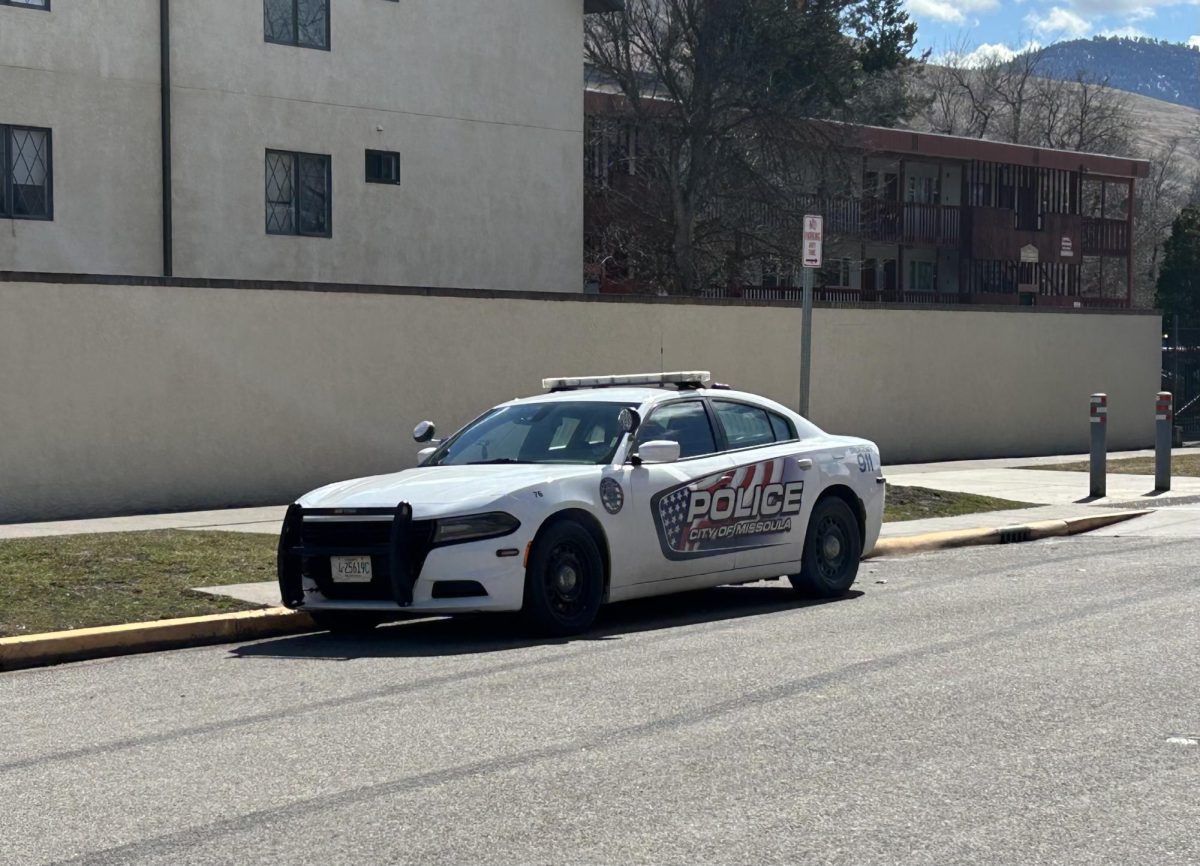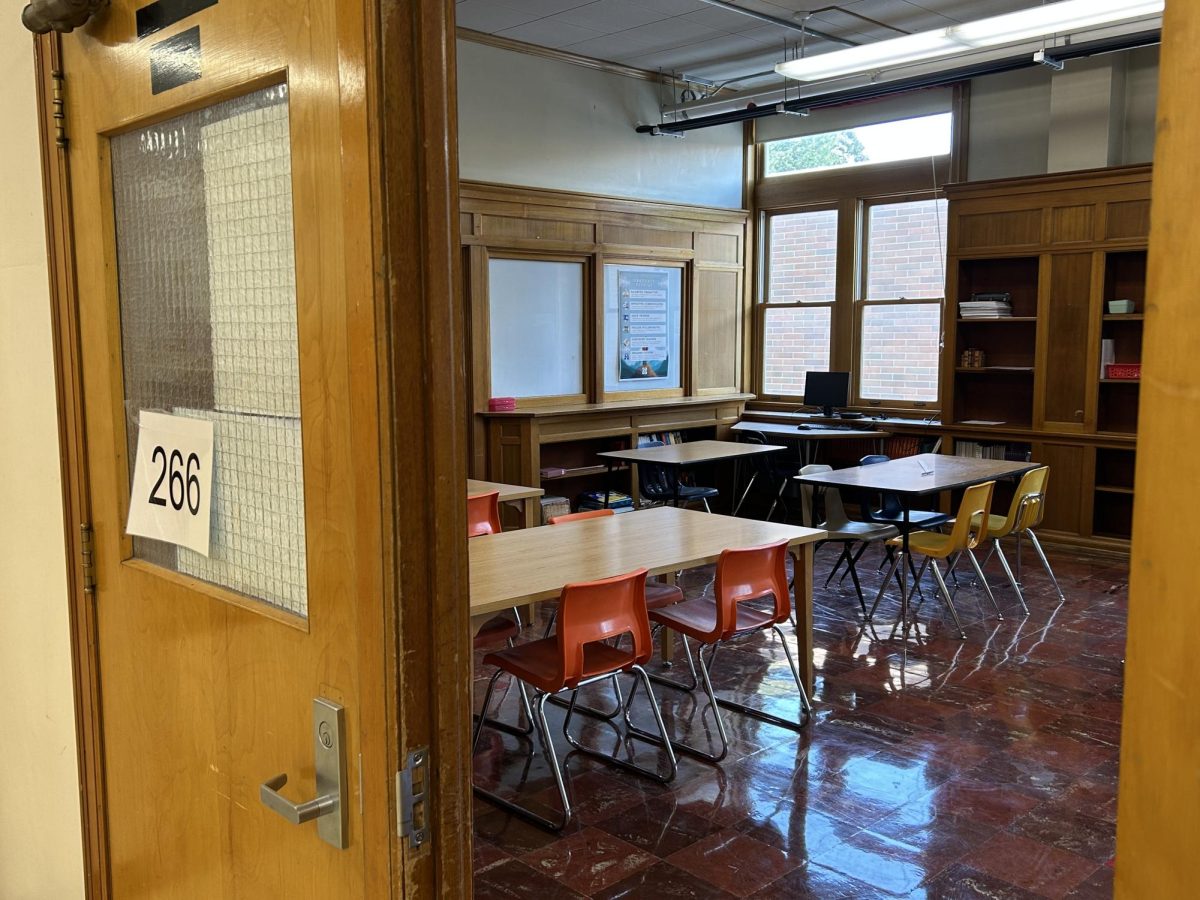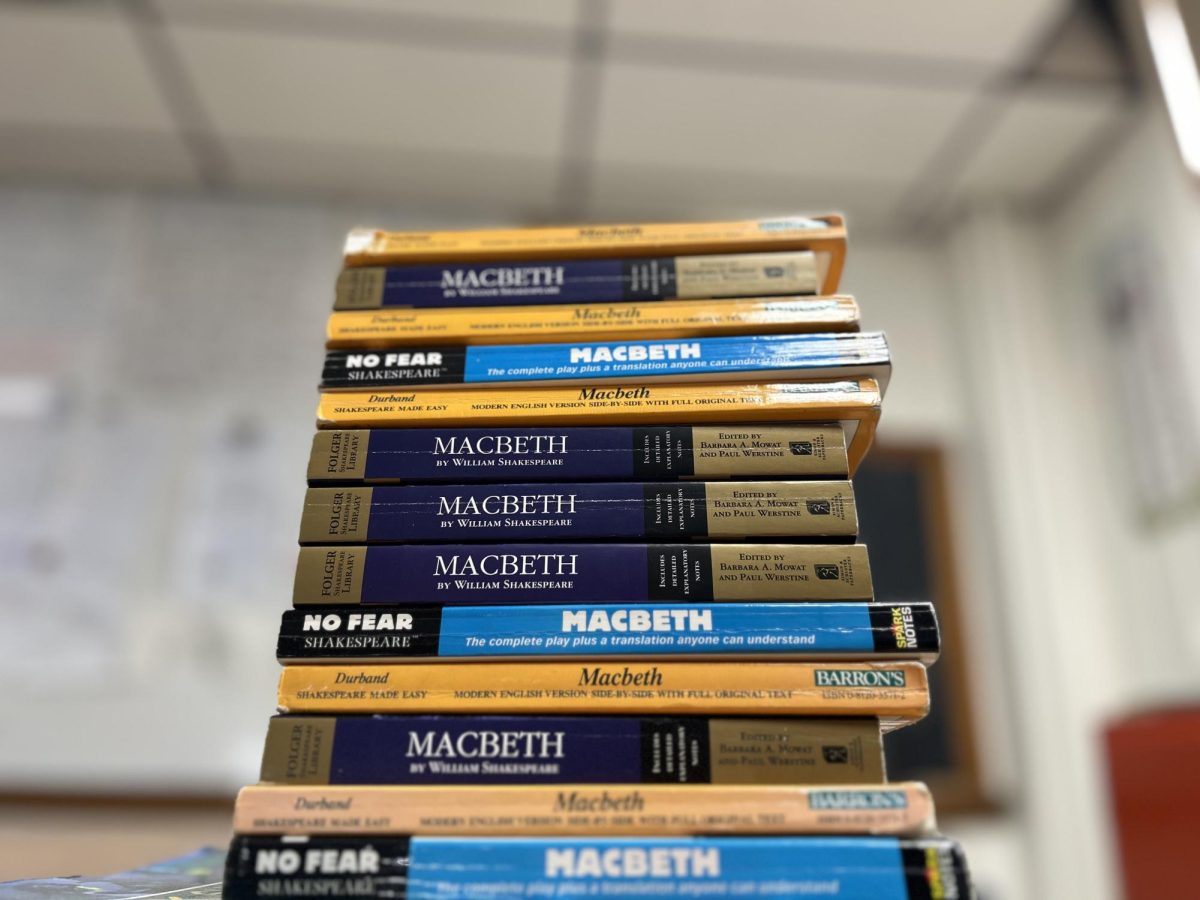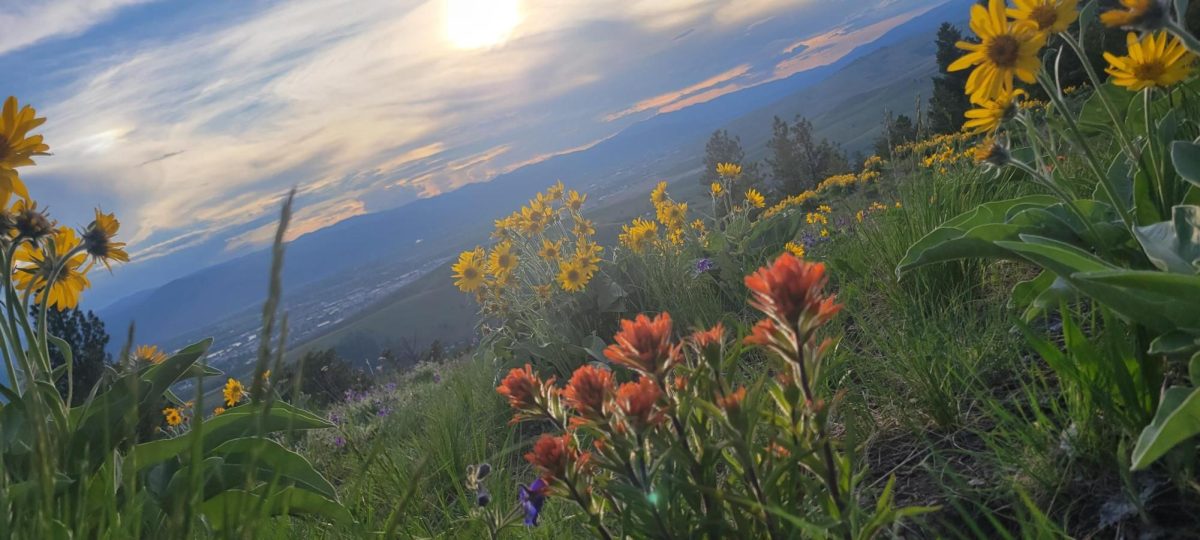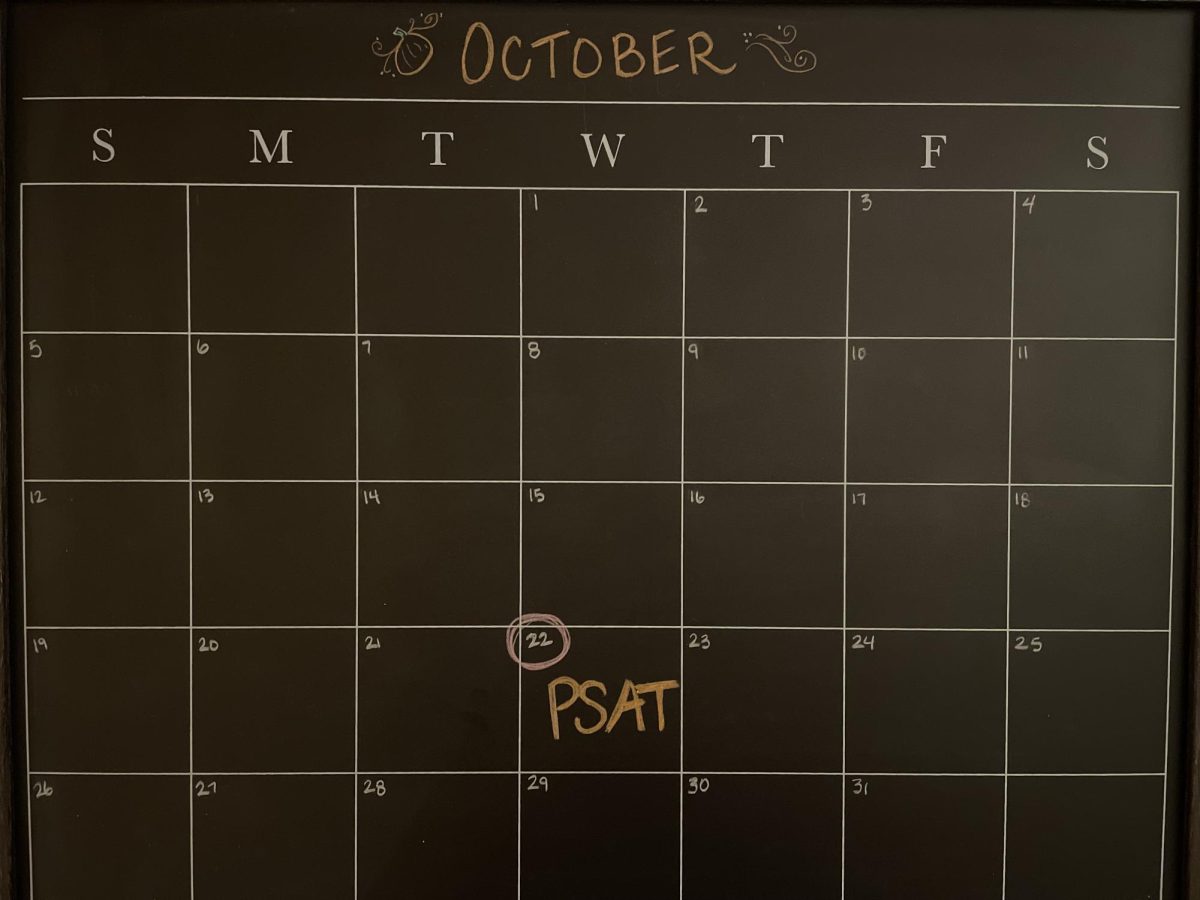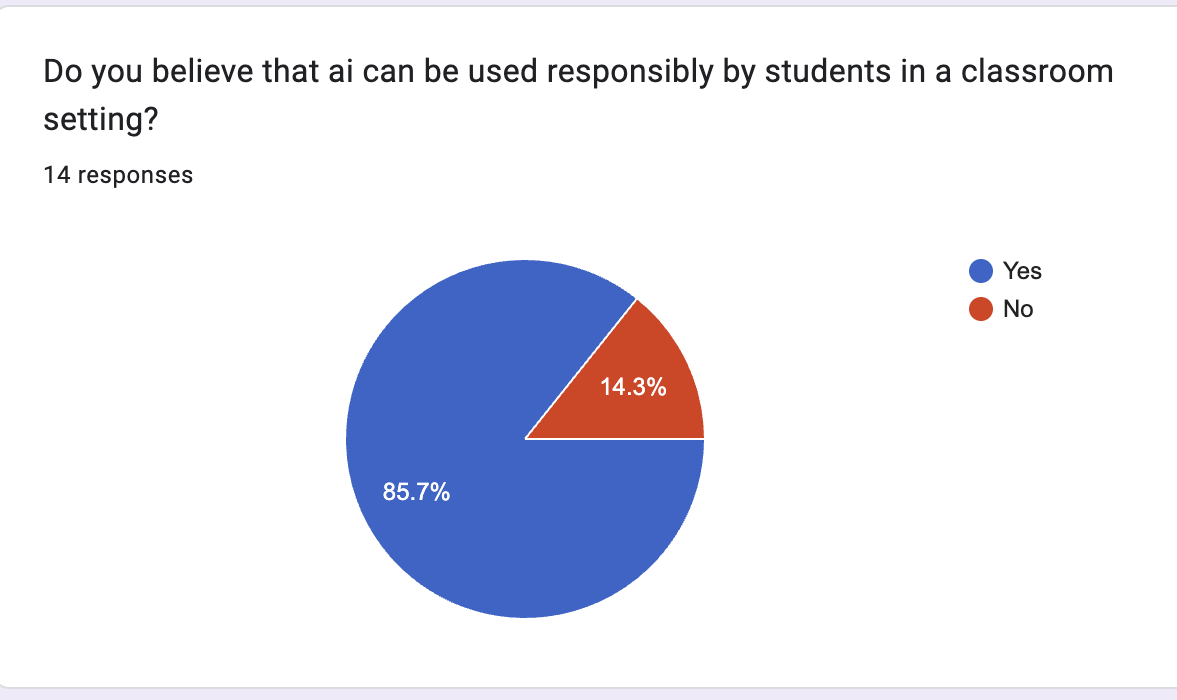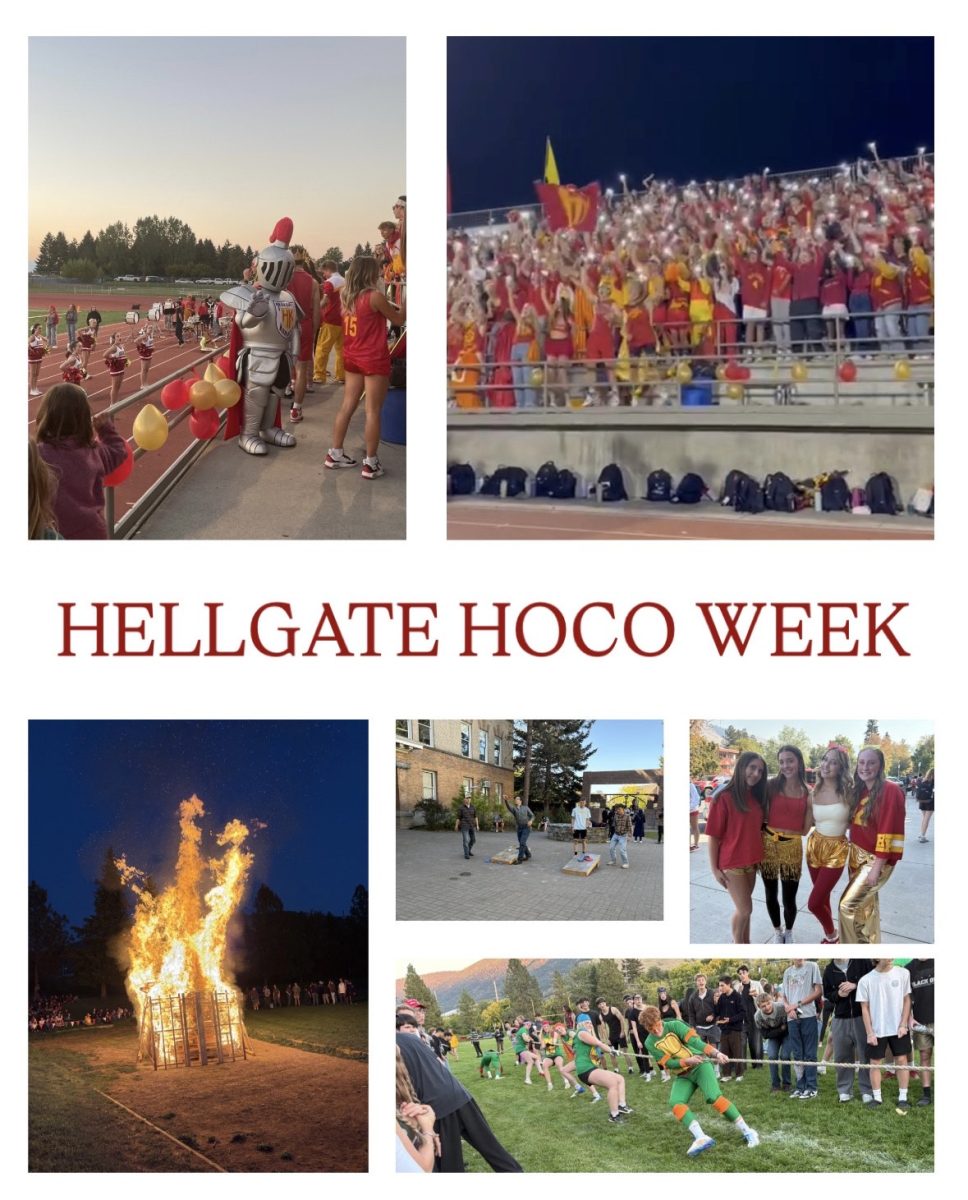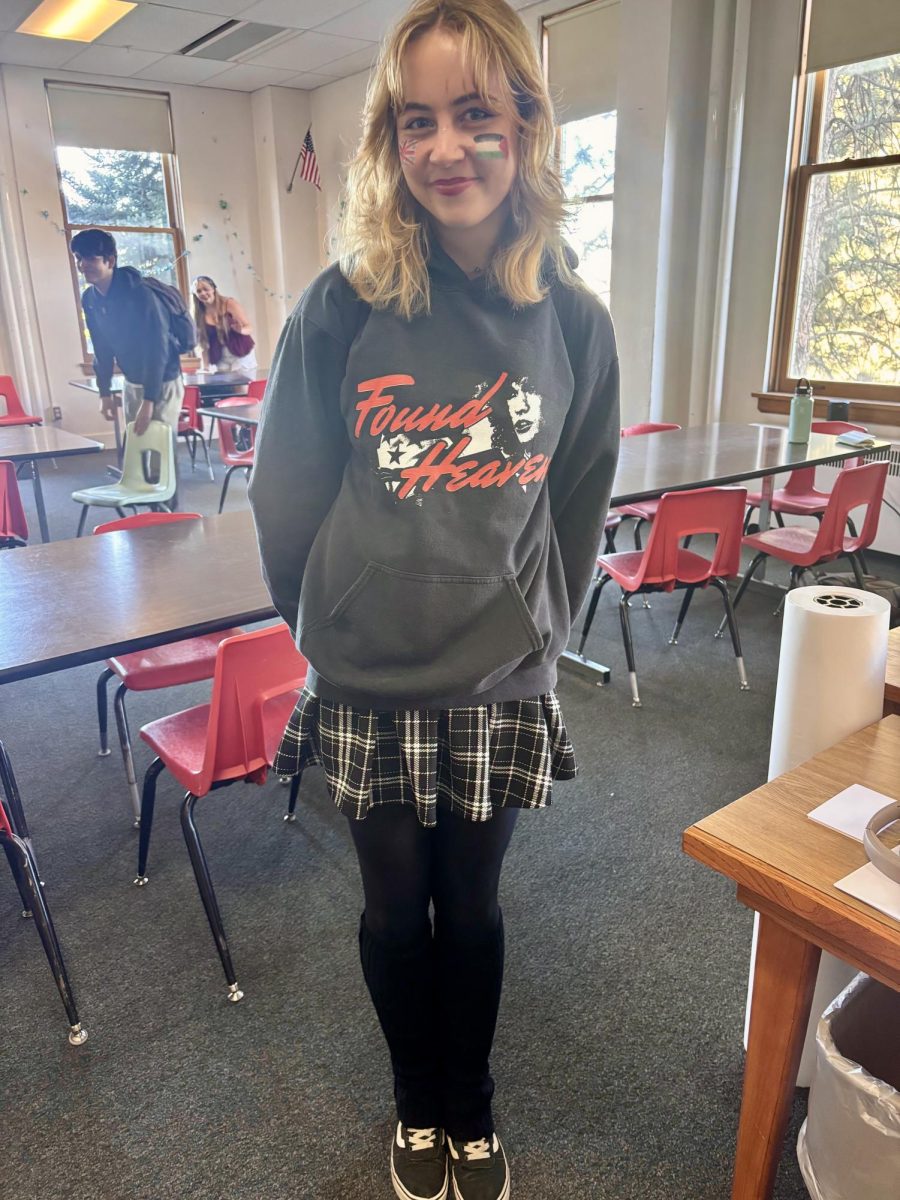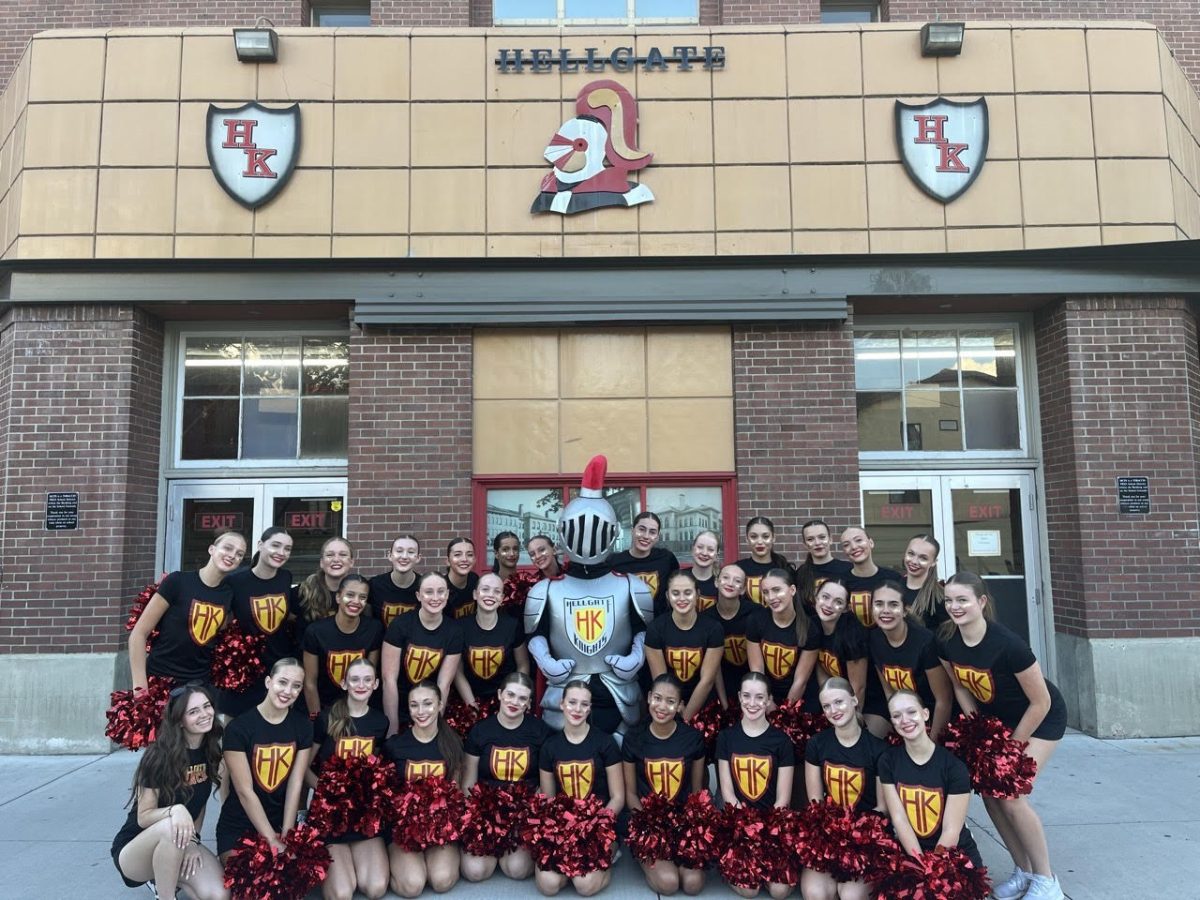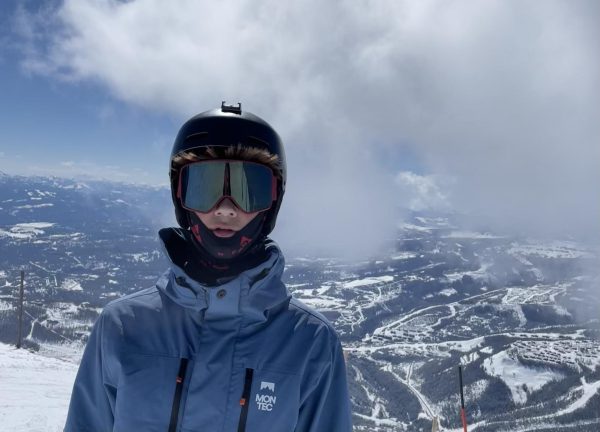In recent history, Missoula, Montana, has benefitted from blissful ignorance of the issue of communal gang violence. The city’s small size and relative ruralness have protected it from the gang-related issues seen across the country, including in neighboring cities such as Billings and Spokane. But recently, a dramatic increase in gang related activity has given Missoula officials cause for concern and prompted them to take action.
“In late summer, we started having a number of instances pop-up with indicators that the people involved with them were gang affiliates or associated themselves with some type of gang,” said Missoula Police Department Chief of Police Mike Colyer. These instances can be tracked all the way back to the summer of 2023, but became much more prevalent in 2024. Crimes with gang affiliation continued to increase moving into Fall of 2024, and that caught MPD’s eye.
“There were things that we really associate with serious crime,” Colyer said. These occurrences ranged from “gang graffiti” all the way to theft, display, and threatening of firearms as well as aggravated burglary and other more serious felonies. “We’ve also had some shootings; thankfully no one’s been hit,” said Colyer. “With the frequency and seriousness of the offenses, and the nexus of some type of a gang affiliation, [the issue] quickly became a very serious thing to us.”
Justin Ekwall, a Deputy County Attorney with the Missoula County Attorney’s Office who focuses on juvenile prosecution, defined a gang as “a group of people associated together for some kind of criminal or otherwise antisocial purpose,” in the eyes of law enforcement. Ekwall said that gangs will often express association through colors, hand signs, graffiti, or tattoos.
The instances Coyler discussed fit Ekwall’s definition perfectly, suggesting law enforcement was facing an issue they hadn’t dealt with in years: organized gangs in Missoula.
Sergeant Joshua Johnston, a detective sergeant with the Missoula County Sheriff’s Office, said that the two most common criminal offenses these gangs are taking part in are gun violence and theft.
“Drugs and alcohol certainly play a large part in [this activity],” said Johnston. “They’re definitely contributors and enhancers to poor decision making like this.”
What gives these serious crimes another level of attention from law enforcement is the prevalent claiming of specific gang association many of the offenders have. Ekwall said many suspects have been identified as members of the ‘Zootown Crips’ or ‘South Side Bloods’, and more recent incidents have involved members of the Billings-based groups ‘M-7 Monster Mob’ and the ‘Young but Dangerous’ gang.
Ekwall said the former two groups do claim affiliation with the national gang sets, the Crips and the Bloods, but he doubts there is any true connection.
Colyer also described how “nonresident gang affiliates” can and are worsening the problem. The term “nonresident gang affiliate” refers to the phenomenon where a member of an already established gang from elsewhere comes to a city, in this case Missoula, to establish a gang presence or drug-dealing structure.
Colyer, Ekwall, and Johnston all agree that there are two main motivators when it comes to this recent uptick in Missoula gang activity, but also gang activity in general. The first is economic, or “getting in the business of committing crimes to make money,” as Colyer puts it. “That can be through selling drugs, through human trafficking, through doing burglaries or robberies,” he said.
The second motivator is more of a conceptual “societal issue,” according to Colyer.
“There’s a lot of men, especially younger men, in our society that don’t feel respected or like they belong to anything,” said Ekwall. He said that these men sometimes see gangs as a way to solve both of these problems: in their eyes, in a gang, you’re both respected and part of something bigger.
Colyer said that a lack of role models or stable home life plays a part as well. Young people who feel like they need protection or security can find that in gangs.
“But this is just the wrong way of going about trying to approach it,” said Ekwall. “Anything that’s going to embrace violence, that’s going to harm other people, is going to end up going beyond what they actually want it to be. It’s gonna result in consequences from the legal system, and other consequences just from the nature of that lifestyle.”
This isn’t Missoula’s first bout with gang violence.
“When I got hired here in the mid-’90s Missoula was going through something similar to what we’re experiencing now,” Colyer said. He went on to discuss a familiar situation: an uptick in gang related crimes, including a number of fatal shootings, primarily by juveniles who didn’t feel respected or like they belonged to something.
“MPD took a really affirmative stance on it, and really employed successful offender-based investigations. You focus on people who are committing the crimes and you do not tolerate it,” said Colyer. “That was really successful then, and so since then we’ve enjoyed decades of little to no criminal gang activity in Missoula.”
Colyer said that because of the success this “zero-tolerance” strategy had in the ‘90s, MPD is attempting to replicate it. “That’s the position we take today: we are not going to tolerate it, we’re going to focus on people that are engaged in these types of organized criminal acts and pour our efforts into that,” said Colyer.
“Basically everyone in the legal system has a lot of discretion,” said Ekwall. This discretion can be used by individual officers, prosecutors, or judges to make case-by-case decisions on what’s best for not only the community at large, but also getting the individual in question on the right path. Ekwall said this is especially important for juvenile cases, like with the majority of the gang-related incidents we’re seeing in Missoula.
“What they’re saying with zero-tolerance is if the behaviour is [gang-related] or if it’s a kid that’s known to be a gang member, they’re not really going to exercise their discretion in favor of doing less,” he said.
“I think that officer discretion is important,” said Colyer. “But it is going to be the exception rather than the rule to cut people breaks if they’re involved in criminal gang activity.”
Missoula law enforcement and prosecutors take this issue very seriously. They’ve adopted this zero tolerance policy, which shifts the emphasis towards protecting the whole community out of necessity as opposed to an individual.
In addition, Colyer said MPD has conducted “broad training sessions” not only within their department, but also with other agency law enforcement, youth court, and prosecutors to better handle this relatively new issue. Colyer emphasized the importance he places on getting all disciplines of law enforcement on the same page, and how these training sessions have really assisted that process.
A large number of individuals engaged in this recent gang violence are high school-aged. Therefore, Colyer said that another thing MPD is doing is engaging in open communication with Missoula County Public Schools.
“We told them what we are seeing, and they told us what they are seeing, and it’s almost the exact same thing,” said Colyer. “With young people, if you nip this type of thing in the bud early, that can be a really good approach.” He said that one of the main priorities in the cases of juvenile gang members is getting them out of this crime-related lifestyle before it’s too late.
“I think our community just really needs something more positive for those kids to latch on to,” said Ekwall.
Colyer, Ekwall, and Johnston all emphasized that while the issue is something to keep an eye on and “could get out of hand,” it’s not something to be paranoid about.
“We still have a safe community,” said Colyer.
Any problem should be solved at its root, and in the case of this recent spike in gang activity, the root is the social and societal issues that young people may face. Kids simply need to feel seen, feel protected, feel heard, and feel like they’re a part of something. If that sense of belonging was universal, Missoula wouldn’t be facing this issue.

